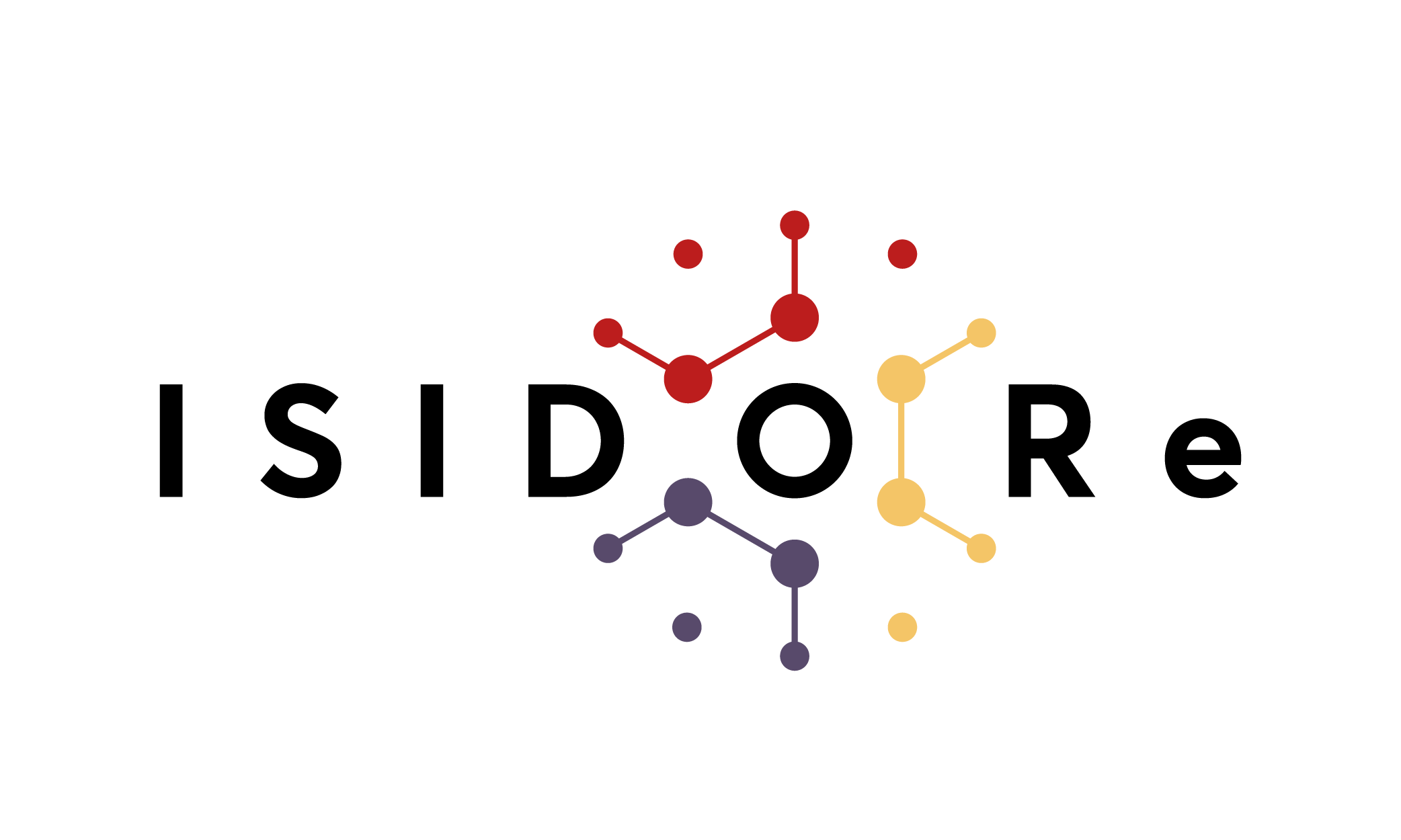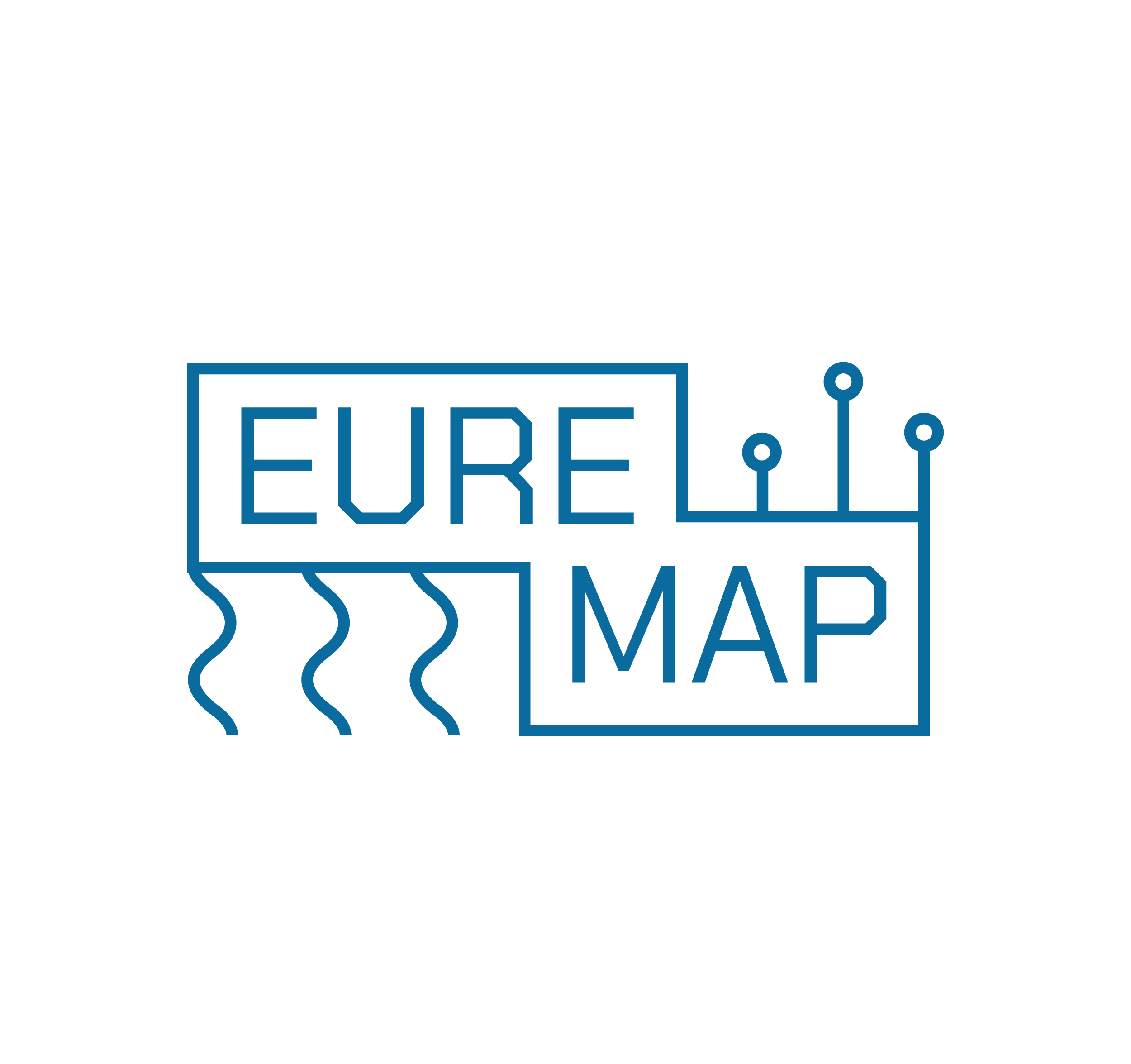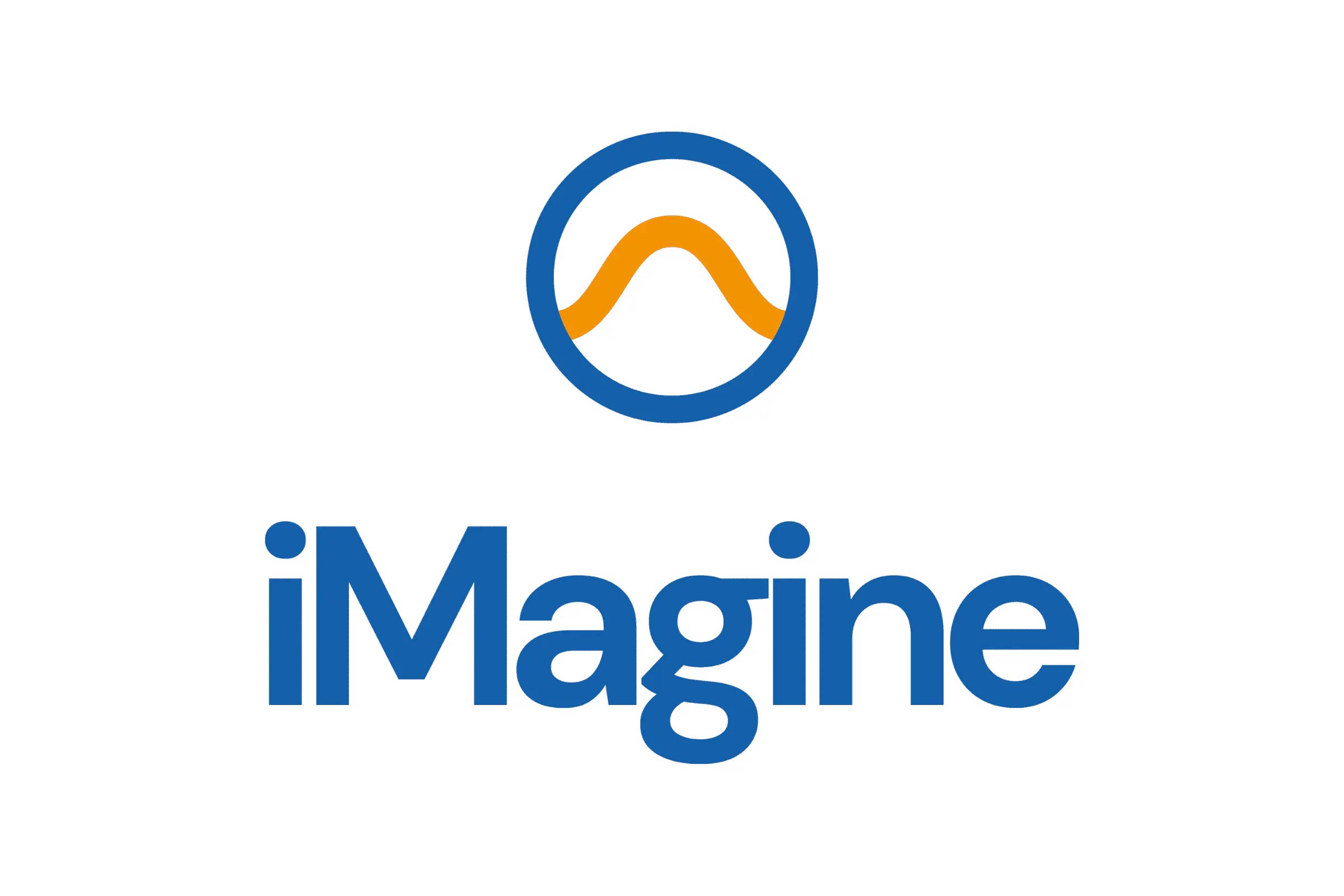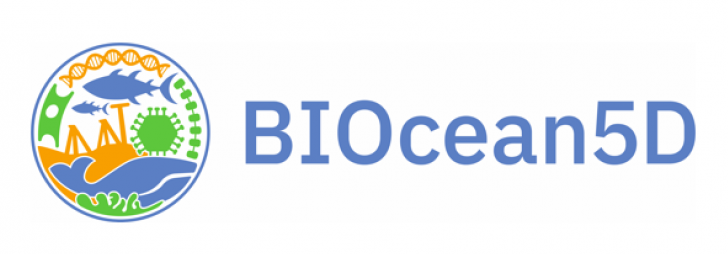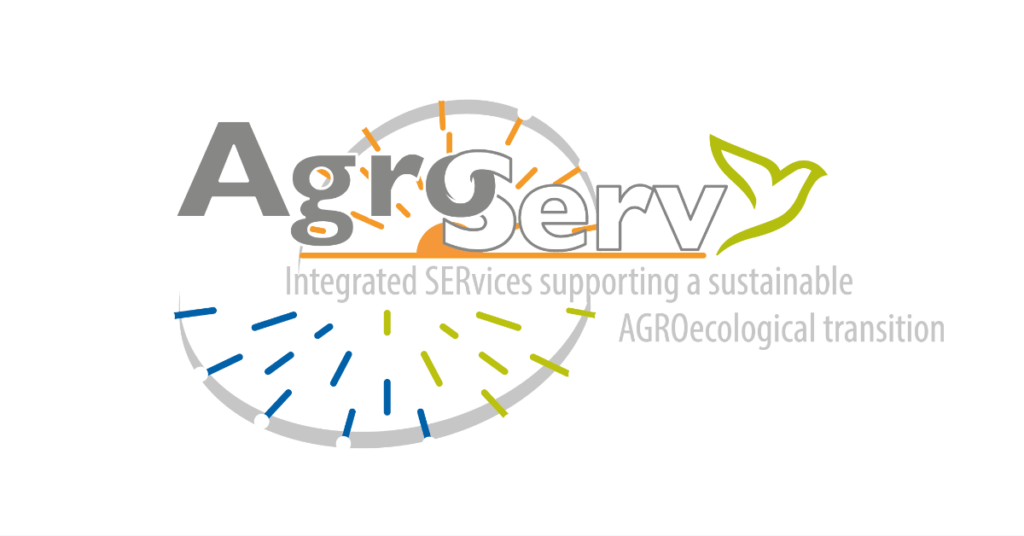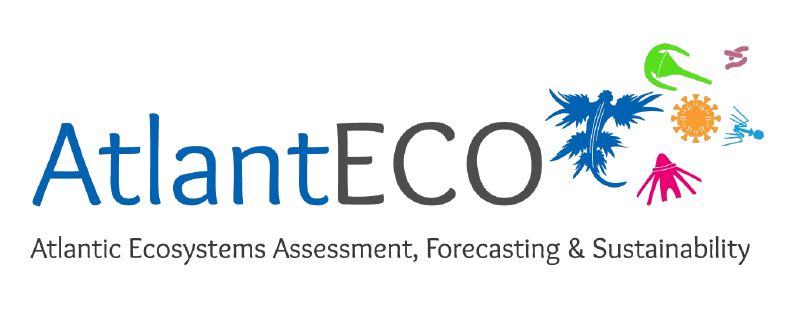Project dates: 9 February 2022 - 31 July 2025
EMBRC-BE role: KU Leuven is offering TNA services
Funding: €20 998 624,00 under grant agreement number 101046133)
The ISIDORe consortium, made of the capacities of European ESFRI infrastructures and coordinated networks, proposes to assemble the largest and most diverse research and service providing instrument to study infectious diseases in Europe, from structural biology to clinical trials. Giving scientists access to the whole extent of our state of the art facilities, cutting edge services, advanced equipment and expertise, in an integrated way and with a common goal, will enable or accelerate the generation of new knowledge and intervention tools to ultimately help control SARS CoV 2 in particular, and epidemic prone pathogens in general, while avoiding fragmentation and duplication among European initiatives.
Such a global and interdisciplinary approach is meant to allow the implementation of user projects that are larger, more ambitious and more impactful than the EU supported transnational activities that the consortium is used to run. Our proposition is ambitious but achievable in a timely fashion due to the relevance and previous experience of the partners that we have gathered and that have complementary fields of expertise, which addresses the need for an interdisciplinary effort. Leveraging all these existing strengths to develop synergies will create an additional value and enhance Europe capacity for controlling emerging or re emerging and epidemic infectious diseases, starting with the COVID 19 pandemic.
Such a global and coordinated approach is consistent with the recommendations of the One Health concept and necessary to make significant contributions to solving complex societal problems like epidemics and pandemics.
EMBRC will make marine natural libraries and culture collections of marine organisms available; conduct coordinated screening; provide access to: i) metabolically unique organisms and collections that have vast and undocumented molecular diversity, providing leads for current and future infectious disease challenges, ii) screening approaches, including disease circulation screening through anonymous measures in environmental samples, water sediment, filter feeders used for human consumption, and iii) screening capabilities for developing and testing alternative vaccine adjuvants (eg complex polysaccharides of marine origin).







